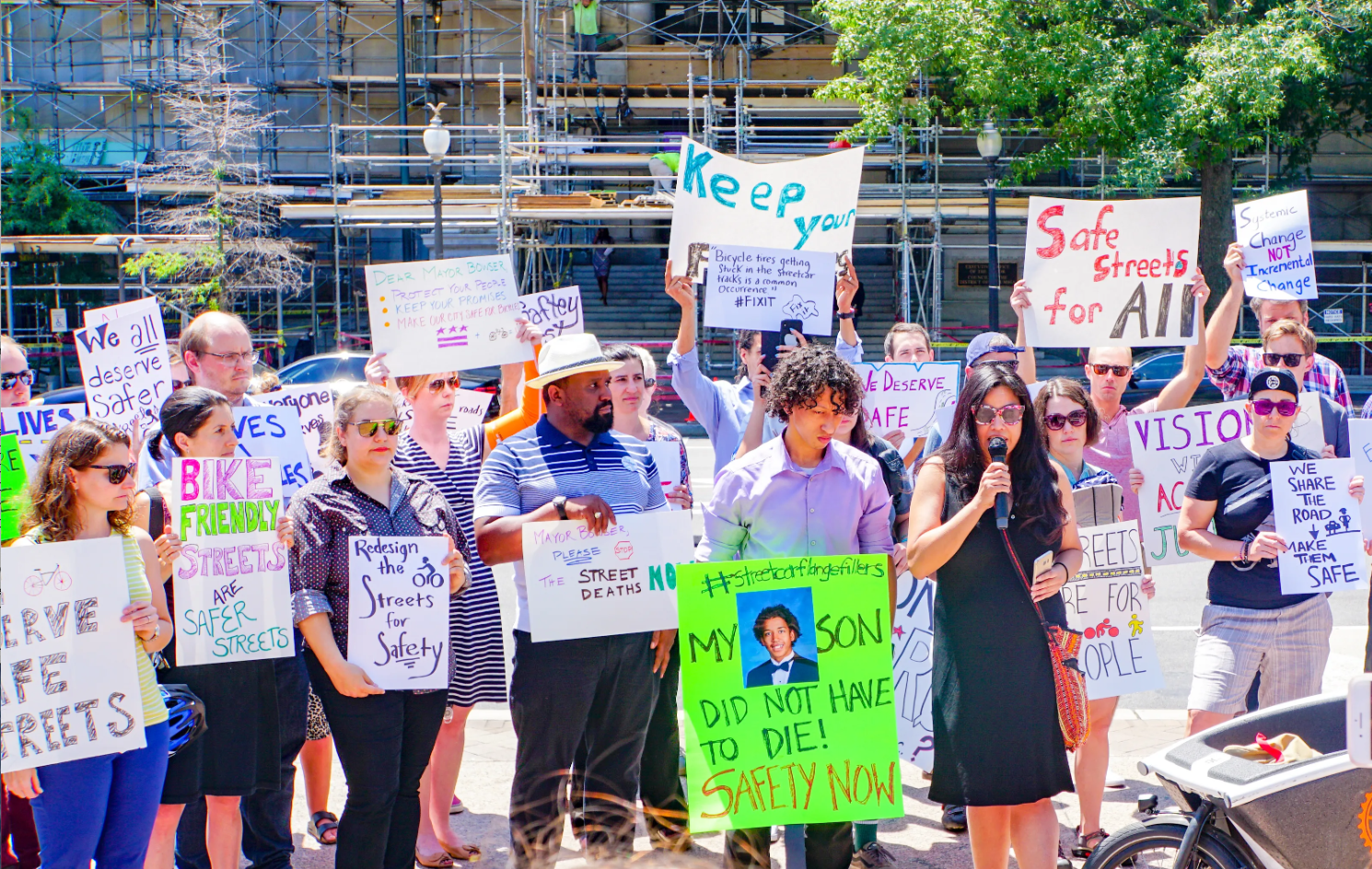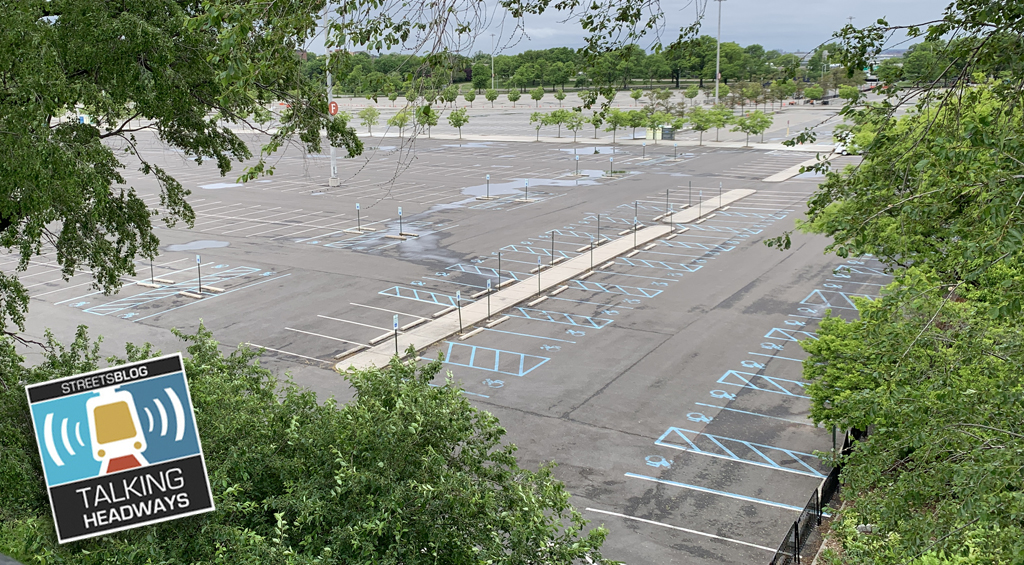The secret to happiness -- it's a question that has occupied mankind since ancient times. You have all the usual theories: money, status, spiritual fulfillment, a really cool bike.

Then there's our environment. For decades suburbia served as a geographic proxy for happiness, at least in the American psyche.
But a new book flips that idea on its head. In his book Happy City, Charles Montgomery asserts that chief among the factors which set the stage for happiness is the strength of social ties. When suburbia was in ascent, Americans tended toward the kind of communities that isolate people from their neighbors via large lots and long commutes, reducing overall well being, he asserts.
A new post on The Dirt, the blog of the American Society of Landscape Architects, explores Montgomery's ideas further:
Robert Sapolsky, an innovative neuroscientist, started doing research on baboon social lives. Those pushed around by alpha males had much “higher stress levels.” Stress can be OK when dealing with lions but long-term can be “toxic.” Baboons with “higher stress levels got sick more often and died younger.” However, low-status baboons had great tools. “They had friendships with other low-status baboons.” Also, alpha males, once weakened and older, were often pushed out of the community, meaning they “died alone, scared.” In the human world, it’s the same: strong social relationships with higher levels of trust mean increased life satisfaction. “The more you trust your neighbors, the happier you are.”
Montgomery reviewed the case of the Chicago heat waves, which killed more than 700 people. Researchers found that those who died weren’t in hotter areas but were those with the weakest social ties, the fewest friends. Environment, however, played a big role in this. The “high modernists” who created social housing projects helped create dangerous, socially-isolating environments for people. They still are: the palm project in U.A.E. is “sprawl on the water.”
Research shows that “super-commuters” who face 2-4 hours of commuting daily are really at risk. In neighborhoods with high levels of these super-commuters, there’s “zero trust.” These people “don’t have dinner with their children.” Sprawl then creates the conditions so people have fewer friends and close social ties. These people also vote less and fail to “maximize utility.” Montgomery sees the American sprawl model as broken, part of the reason behind the collapse of government finances, and “at the end, perhaps leading to a new beginning.” But, ultimately, “happiness is a choice, a personal choice. We are affected by the places we live in.”
Elsewhere on the Network today: The City Fix says that a world with 7 billion people is one that can't afford inefficient transportation systems. Cyclelicio.us reports on the results of a Swedish study that found people who commute by foot or bike enjoy better health than those who use public transportation or drive. And Human Transit looks at two different approaches to tolling roads from Virginia and Arizona.





